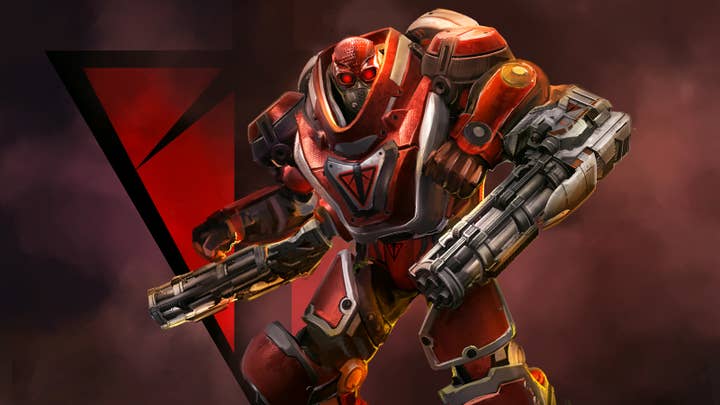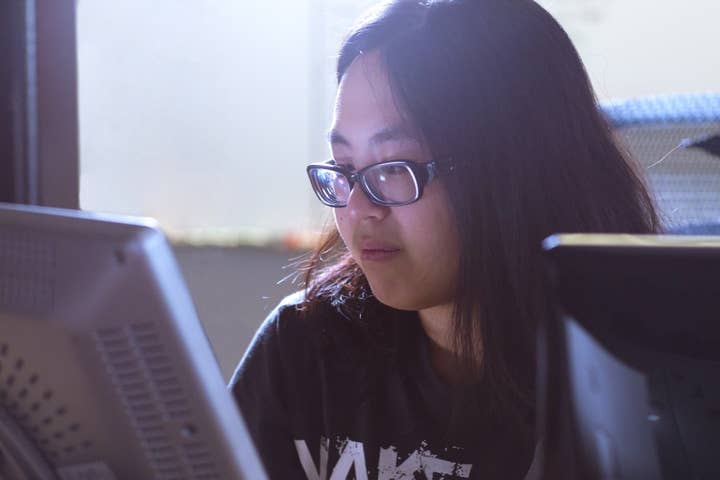SOE: Teaching students to self-critique is crucial
The G.I.R.L. scholarship and its perspective on the changing role of education
Sony Online Entertainment is a big believer in education, and proves it by offering the G.I.R.L. Scholarship to game design students over the age of 18. The competition has been running since 2008 and winners receive $10,000 towards their education and a 10-week paid internship with SOE.
Joe Shoopack, director of artistic development at SOE, explained to GamesIndustry International how changes in games education are reflected in applications and he's suggested ways that schools can support students who are interested in a career in the games industry.
The range of education opportunities has expanded since we started the G.I.R.L. Scholarship in 2008. Opportunities range from associates degrees up through graduate programs for aspiring game developers. We see more programs treating game development holistically, combining students in art, programming, and sound to make complete game demos in school.
"I'd like to see more educators encourage students to create 'user generated content,' even as class assignments"
Stay on top of developing trends. I'd like to see more educators encourage students to create 'user generated content,' even as class assignments. As an example: SOE's Player Studio allows artists to submit original content to specific games for sale in the in-game marketplace. SOE in turn shares a portion of the revenue for those items with the creator. It's a fantastic opportunity to fill a portfolio with real game assets and also valuable in helping students acquire the skills of meeting style and technical specifications.
Absolutely! Past scholarship recipients have gone on to work at Hasbro, Gazillion Entertainment, Tofu Girls, etc. One past winner currently works as an experience designer and strategist for Gifts.com and another is an artist at Nickelodeon Animation Studios. Having that first professional experience and mentorship in an SOE internship has been a launching point into diverse creative careers.

Teaching students how to self-critique. Once you learn to identify what's wrong with your work without an instructor's help, you've unlocked the key for faster personal progress.
They should dedicate themselves to continually advance their skills outside of class and not rely solely on just completing the required curriculum. It's a competitive industry and you need to be at the top of your game to land a good opportunity.
In my experience the answer has been yes. I see a larger percentage of female students in art and design than just a few years ago. Probably the biggest challenge area for schools has been to get more women enrolled in the programming discipline.
"Probably the biggest challenge area for schools has been to get more women enrolled in the programming discipline"
I graduated with an illustration degree from BYU; my first games were for the Atari 7800, so I've seen vast transformations in how games are developed. The things that have been most important through those changes have been solid foundational art skills, openness to changing methodologies, and understanding that 'it's not about you, it's about the team.'
I think teachers already hear that quite a bit and I think they'll start hearing it even more in the future. A few years ago, the Smithsonian created The Art of Video Games exhibit and that's an indication of the growing appreciation of the role games play in our lives and how they connect us to each other.

